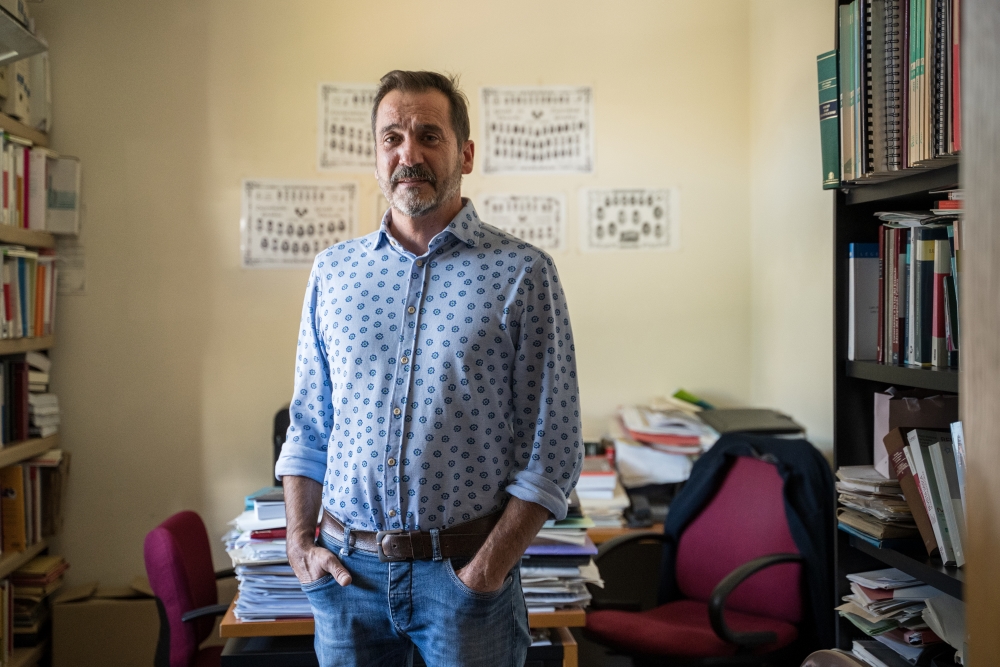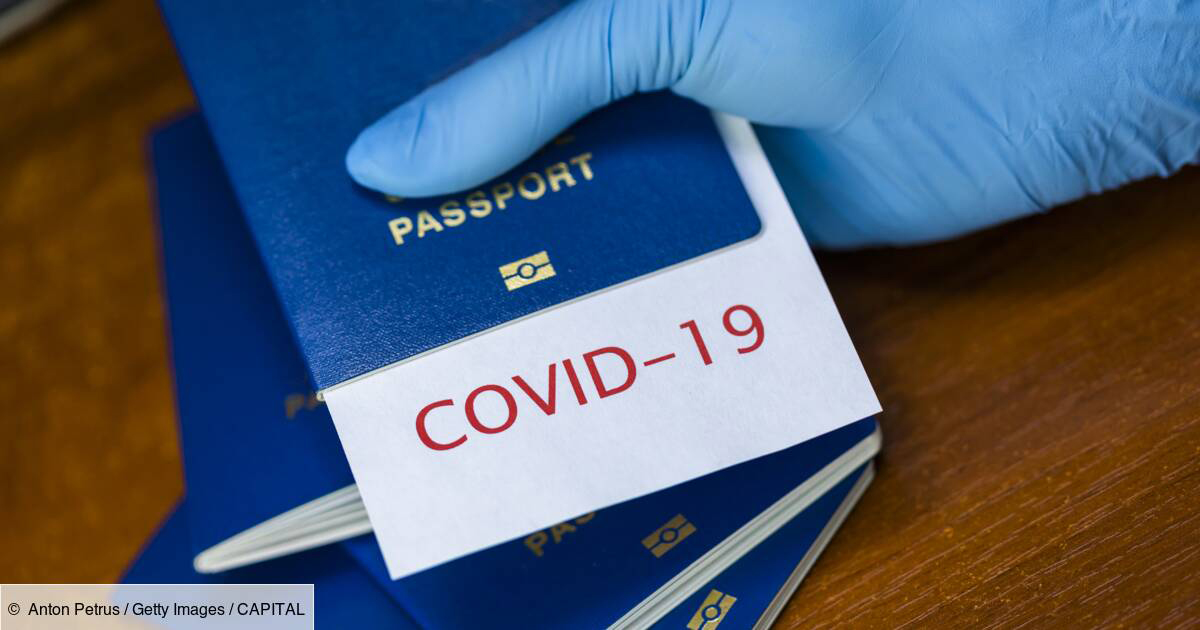73 countries fear to deplete their HIV medicines for the pandemic
- According to a WHO survey, the "inability" of suppliers to deliver medicines on time has also affected the closure of transport services and limited access to health services.

COVID-19 has had a serious impact on obtaining HIV medicines. In a new survey released Monday by the World Health Organization (WHO), 73 countries have warned of the risk of exhaustion of antiviral antiretrovirals. These medicines are used as anti-virus treatment due to the pandemic. According to WHO data, over 17 million people are dealing with these drugs to control HIV and prevent sexual transmission to others. For 41% of countries this risk is clear. According to the survey, 38 countries have suspended HIV testing in services to a key population, seventeen in the supply of condoms and seven in the prevention of exposure.
In addition, 24 states have ensured a reduced number of antiretrovirals for three or fewer months. It is estimated that in 2019, 8.3 million people were receiving antiretrovirals in these territories, and currently have limited supply. According to the WHO, it accounts for about one third of all people receiving HIV treatment worldwide. Seven of these countries are in Africa, three in America, three in Europe, five in the Eastern Mediterranean and six in the Western Pacific. 36 countries have indicated that, for the time being, the service of these medicines has been suspended. They argue that providers are “unable” to deliver medicines on time, that they “shut down land and air transport services” and that they “have limited access to health services within the country”. In this regard, they have recalled that the pandemic has created these causes of supply disruption.
In May, at the request of WHO and UNAIDS (Joint United Nations Programme on HIV/AIDS), interrupting access to antiretroviral drugs for six months, sub-Saharan Africa can double AIDS-related deaths by 2020. In a report, UNAIDS recalls that, as COVID-19 containments entered into force around the world in March 2020, concerns about possible disruptions in the purchase, supply and distribution of antiretroviral drugs and other essential health products "intensified". He says that all forms of freight transport have slowed down during the pandemic and that the closure of international (and, in some cases, internal) borders has been coupled with delays. This affects the supply of raw materials for medicines and the purchase and distribution of products. In addition, the concentration of the production of generic antiretroviral drugs in a country such as India (about 80% of production) has made the supply chain “vulnerable” to restrictions or closures of production.
Horren arabera, datorren astelehenetik aurrera, orain arte COVID-19ari aurre egiteko neurriak bertan behera geratuko dira Eusko Jaurlaritzaren eskumeneko alorretan. Labi bera ere desegin egingo dute.
That's the summer that we have, and with it the holidays that we usually link to this season, as if they were a reward to everything that has been given throughout the year. And again people want to go away. He wants to be on the famous coast, marvelous nature or the world's... [+]






















